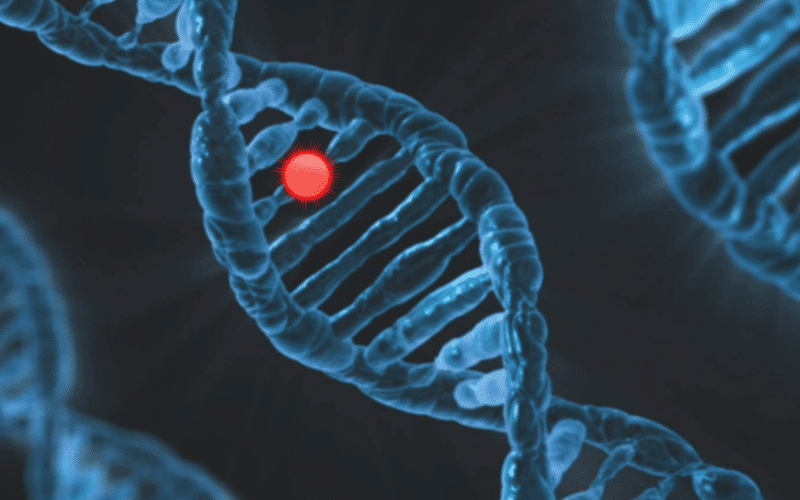13. Spontaneous Mutations and PTEN: The Non-Inherited Paradigm

Navigating through the thirteenth fact about PTEN gene mutations, we shift our attention to spontaneous mutations, also known as de novo mutations. Unlike inherited mutations that are passed down from parents to their offspring, spontaneous mutations occur for the first time in the affected individual.
While most PTEN gene mutations are inherited, a significant proportion are indeed spontaneous. These de novo mutations can happen during the formation of reproductive cells (eggs or sperm) or in the early stages of embryonic development. The affected individual can then pass the mutation onto their offspring, following an autosomal dominant inheritance pattern.
These spontaneous mutations can give rise to conditions associated with PTEN gene mutations, like Cowden Syndrome or Bannayan-Riley-Ruvalcaba Syndrome, even in individuals with no family history of these conditions. This can pose a diagnostic challenge as healthcare providers often rely on family history as an essential clue in diagnosing hereditary conditions.
The fact that PTEN gene mutations can be spontaneous underscores the importance of genetic testing and genomic medicine in general. Through genetic testing, these de novo mutations can be identified, ensuring appropriate management and genetic counseling. (13)